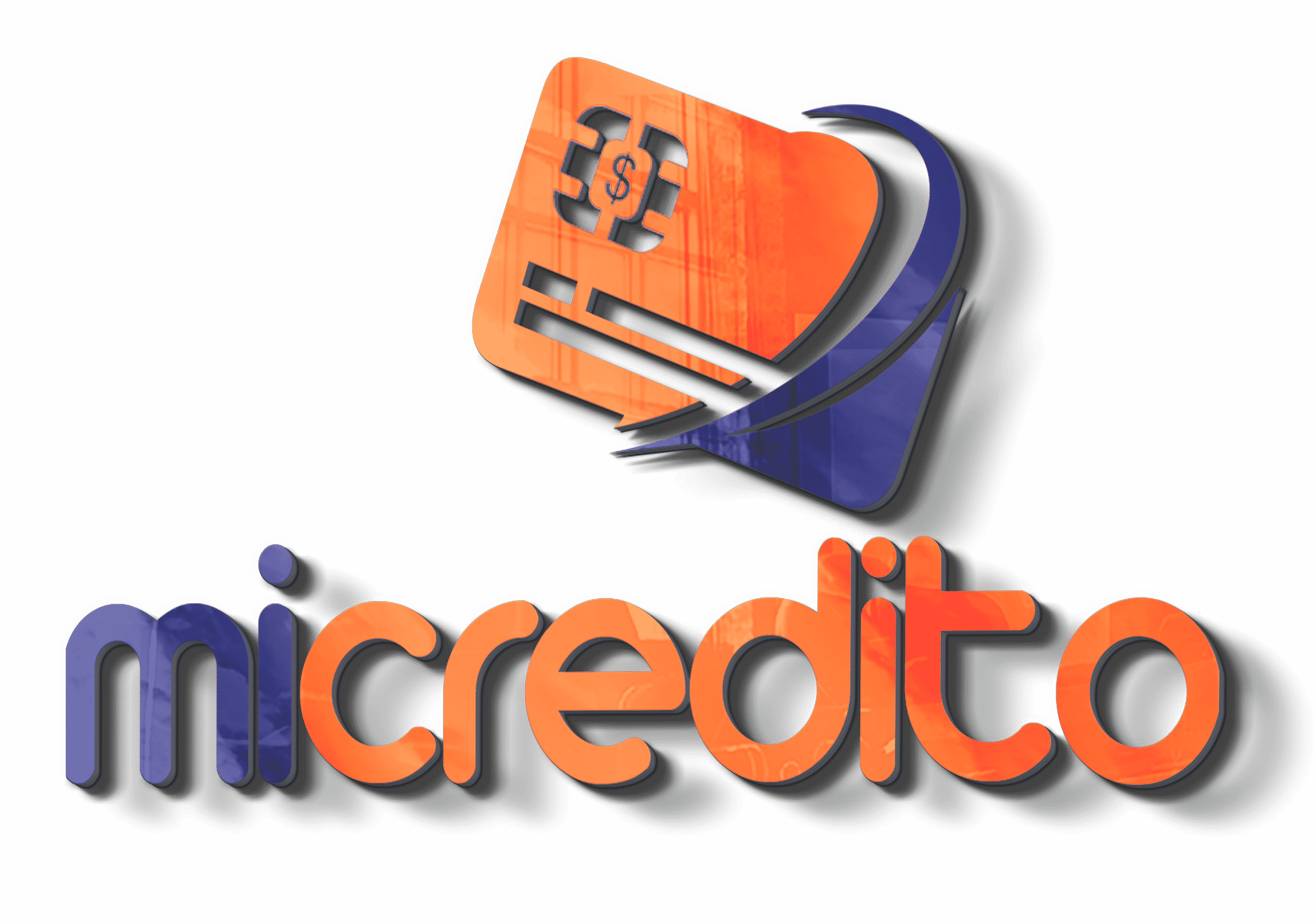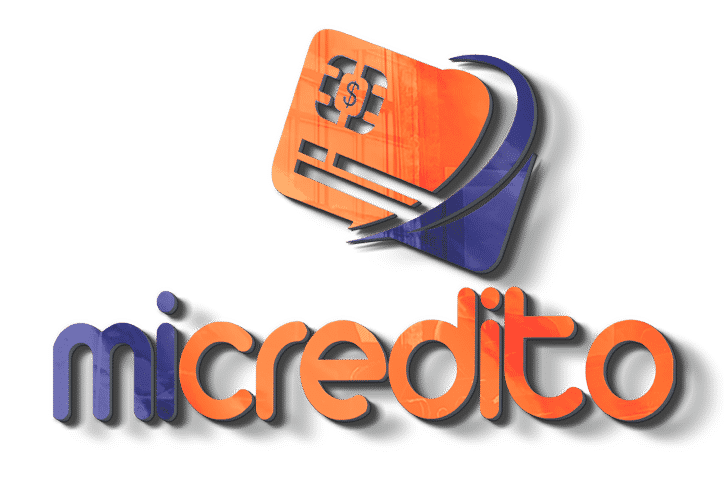Buying a home is a monumental step, a decision that intertwines personal dreams with financial responsibilities. In the United States, where real estate costs can be substantial, homeownership is often achievable only through mortgage financing.
For most, navigating the world of home loans can be complex, particularly for first-time buyers. The importance of mortgage credit cannot be overstated, as it plays a central role in allowing individuals to access homeownership and build wealth over time.
However, buying a home requires careful preparation, from understanding your credit score to choosing the right type of mortgage. In this article, we’ll explore the fundamental aspects of mortgage credit in the U.S., covering why it’s essential, and how to best prepare yourself financially for this significant investment. Whether you’re dreaming of owning your first home or planning to invest in real estate, this guide will help you take the right steps.
Why mortgage credit is essential for homeownership?

In the U.S., mortgage credit has become the backbone of homeownership. Unlike many other investments, real estate often requires substantial capital—more than the average person can save over a few years.
A mortgage allows individuals to purchase a home by borrowing the majority of the needed funds, repaid over time with interest. But why is mortgage credit so critical, and what role does it play in making the dream of homeownership achievable?
Unlocking the power of leverage
When you take on a mortgage, you leverage borrowed money to buy an asset expected to grow in value. This concept of leverage allows buyers to enjoy the benefits of homeownership while only putting down a fraction of the property’s cost upfront. The leverage provided by a mortgage means that you can potentially achieve financial growth through real estate appreciation without needing the entire property value in cash.
Stability and long-term investment
Homeownership also offers a sense of financial stability. Unlike renting, where costs can increase year by year, a fixed-rate mortgage locks in your monthly payments, providing predictability in a world where rent may continue to rise. For many families looking to establish roots and avoid the unpredictability of rental costs, this security is particularly appealing.
Over time, each mortgage payment goes toward reducing the loan balance, allowing you to build equity in your home. Home equity, in turn, becomes a valuable financial asset that grows both with each payment and as the property appreciates in value. Thus, mortgage credit not only makes homeownership accessible, but it also fosters wealth-building, making it an essential tool in achieving long-term financial security.
Preparing your finances: the credit score factor
One of the most crucial elements of preparing for a mortgage is understanding your credit score. The U.S. mortgage system places significant importance on this score, as it serves as a reflection of your creditworthiness.
Your credit score can determine not only if you qualify for a mortgage but also the interest rates and terms offered. Thus, preparing your finances and optimizing your credit score becomes a vital step on the path to homeownership.
What a credit score tells lenders
Lenders view your credit score as an indicator of how responsibly you’ve managed debt in the past. Scores typically range from 300 to 850, and a higher score signifies good credit behavior, while a lower score can indicate potential risk. Generally, a score of 620 is considered the minimum for most conventional loans, though a score of 700 or higher may qualify you for more favorable terms, such as lower interest rates.
Steps to enhance your credit score
Before applying for a mortgage, consider strategies to boost your credit score. Begin by checking your credit report for errors that might lower your score—correcting them can have an immediate impact. Additionally, paying down existing debt and maintaining low credit card balances can improve your score.
Try to avoid opening new lines of credit or making large purchases on credit cards before applying for a mortgage, as this can increase your debt-to-income ratio and impact your creditworthiness. By proactively managing these factors, you can make a strong case for loan approval and potentially qualify for lower interest rates, saving you thousands of dollars over the loan’s term.
Understanding mortgage types and finding the right fit
Choosing the right type of mortgage is another critical step. This decision can influence your financial future, affecting everything from your monthly payments to the total cost of the loan. The U.S. mortgage market offers various options, each suited to different financial situations and homeownership goals.
Fixed-rate vs. Adjustable-rate mortgages
The two primary types of mortgages are fixed-rate and adjustable-rate. Fixed-rate mortgages have an interest rate that remains the same for the life of the loan, offering stability and predictability in monthly payments. This type is often preferred by buyers planning to stay in their home long-term, as it provides a safeguard against potential rate hikes.
Adjustable-rate mortgages (ARMs), on the other hand, start with a lower initial rate that can change over time. While ARMs can offer lower payments initially, they carry the risk of rate increases, making them best suited for buyers planning to sell or refinance before rates adjust.
FHA, VA, and conventional loans
Aside from choosing between fixed and adjustable rates, buyers must also consider various loan programs. Federal Housing Administration (FHA) loans are popular among first-time buyers because they have lower credit score and down payment requirements. However, they also include mortgage insurance premiums, which can add to monthly costs.
Veterans Affairs (VA) loans are a favorable option for veterans and military families, often offering low or no down payments with competitive interest rates. Conventional loans, which are not backed by any government entity, generally require a higher credit score but offer flexibility and often lower monthly costs without the need for mortgage insurance.
Selecting the right mortgage involves a detailed analysis of your financial situation, future goals, and the characteristics of each loan type. Consulting with a mortgage advisor can help clarify which option aligns best with your personal and financial objectives, ensuring that your mortgage fits your needs now and in the future.





